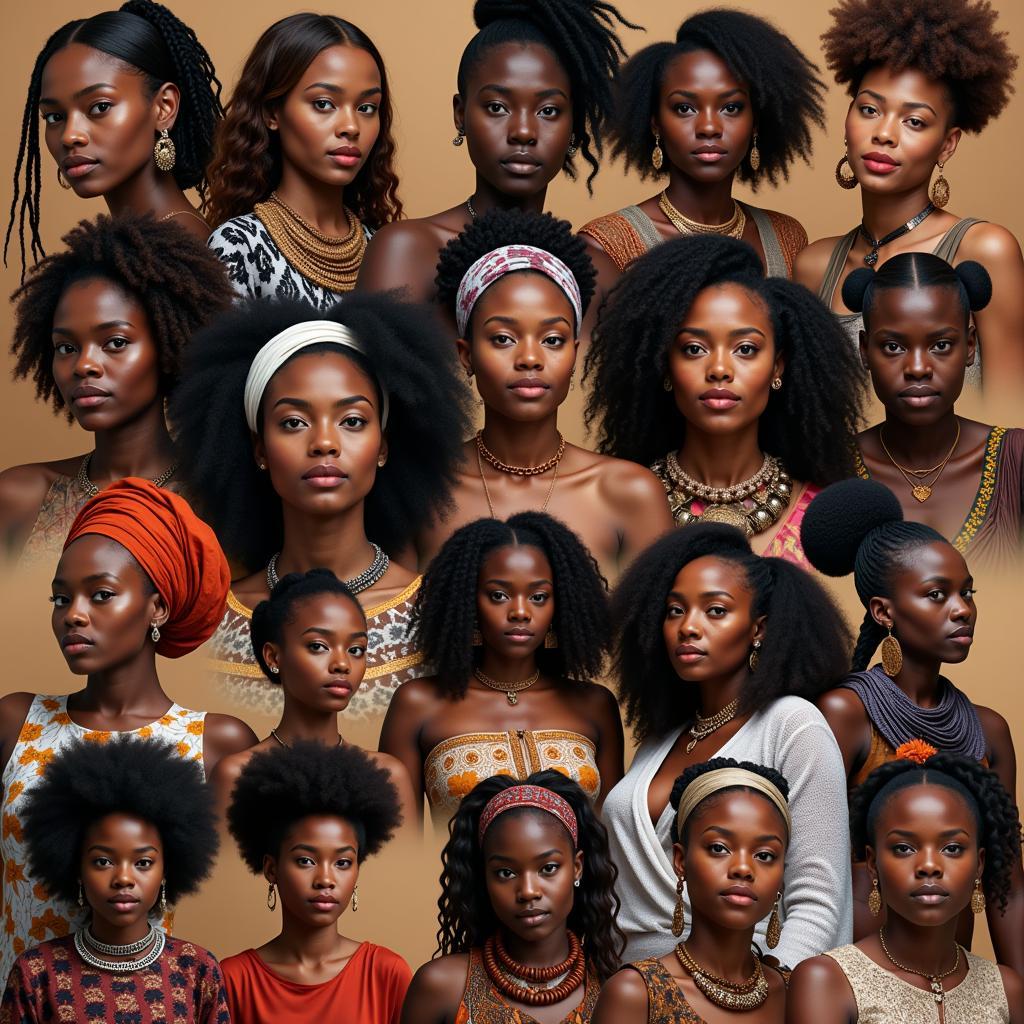African American Activists in the 20th Century: A Legacy of Courage and Change
The 20th century was a period of immense social and political transformation in the United States, marked by the struggle for civil rights and equality for African Americans. This era witnessed the rise of countless activists, who fought tirelessly against segregation, discrimination, and injustice. Their courage, determination, and unwavering commitment to justice left an indelible mark on American history and paved the way for significant progress in the fight for racial equality.
This article will delve into the lives and contributions of some of the most influential African American activists of the 20th century. We will explore their strategies, ideologies, and the impact they had on shaping the civil rights movement and American society as a whole. From the early pioneers of the movement to the leaders who spearheaded the fight for voting rights and desegregation, these individuals embody the power of collective action and the enduring legacy of the struggle for racial justice.
The Early Pioneers: Laying the Foundation
The seeds of the 20th-century civil rights movement were sown in the late 19th and early 20th centuries by a group of courageous individuals who challenged the prevailing racial hierarchy. These pioneers, like W.E.B. Du Bois, the co-founder of the NAACP, and Ida B. Wells-Barnett, a journalist and anti-lynching activist, laid the groundwork for future generations of activists.
W.E.B. Du Bois and the NAACP
Du Bois, a scholar and activist, was a leading voice in the fight for racial equality. He argued that African Americans should strive for full social and political integration, not just economic advancement. Du Bois co-founded the National Association for the Advancement of Colored People (NAACP) in 1909. The NAACP became a vital force in the movement, using legal challenges, public education, and advocacy to advance the cause of civil rights.
Ida B. Wells-Barnett: A Champion Against Lynching
Ida B. Wells-Barnett, a journalist and activist, was a tireless advocate against the brutal practice of lynching in the South. She used her powerful pen to expose the barbarity of lynching, often targeting Black men accused of crimes against white women. Her writings and activism brought international attention to the issue and laid the foundation for future anti-lynching campaigns.
The Rise of the Civil Rights Movement
The 1950s and 1960s marked a pivotal period in the fight for civil rights. A new generation of leaders emerged, inspired by the legacy of their predecessors and emboldened by the changing social and political landscape. These activists employed a range of strategies, from nonviolent protests and legal challenges to grassroots organizing and direct action.
Martin Luther King Jr.: The Architect of Nonviolence
Martin Luther King Jr., a Baptist minister and the most prominent voice of the civil rights movement, became the symbol of nonviolent resistance. His powerful speeches and unwavering commitment to nonviolence inspired millions around the world. King’s leadership played a crucial role in the Montgomery Bus Boycott, the March on Washington for Jobs and Freedom, and other key moments in the movement.
Rosa Parks: The Spark that Ignited a Movement
Rosa Parks, a seamstress and activist, became a symbol of resistance when she refused to give up her seat on a Montgomery bus to a white man in 1955. Her courageous act sparked the Montgomery Bus Boycott, a 381-day protest that helped launch the modern civil rights movement.
Malcolm X: A Voice for Black Power
Malcolm X, a charismatic leader and advocate for Black Power, challenged the traditional strategies of the civil rights movement. He argued for self-reliance, racial pride, and the need for African Americans to defend themselves against white oppression. Malcolm X’s message resonated with many young Black activists, who saw him as a more radical and assertive voice in the movement.
The Fight for Voting Rights
A central focus of the civil rights movement was the struggle for voting rights. African Americans had faced numerous obstacles to voting, including poll taxes, literacy tests, and intimidation. Activists worked tirelessly to challenge these barriers and ensure that African Americans could exercise their right to vote.
The Voting Rights Act of 1965
The Voting Rights Act of 1965, a landmark piece of legislation, outlawed discriminatory voting practices and effectively enfranchised millions of African Americans. This act, along with the Civil Rights Act of 1964, marked significant progress in the fight for racial equality.
The Legacy of the 20th Century Activists
The African American activists of the 20th century left an enduring legacy of courage, resilience, and unwavering commitment to justice. Their struggle for civil rights not only transformed the lives of millions of African Americans but also helped shape the nation’s conscience and laid the foundation for future generations to continue the fight for equality. Their story serves as a reminder of the power of collective action and the importance of never giving up on the pursuit of a more just and equitable society.
FAQ
1. What were the main strategies used by African American activists in the 20th century?
African American activists employed a variety of strategies, including nonviolent protests, legal challenges, grassroots organizing, and direct action.
2. What was the impact of the Voting Rights Act of 1965?
The Voting Rights Act of 1965 outlawed discriminatory voting practices and effectively enfranchised millions of African Americans. It was a significant victory for the civil rights movement and helped to ensure that African Americans could exercise their right to vote.
3. What are some of the ongoing challenges facing African Americans in the 21st century?
African Americans continue to face challenges related to racial inequality, including systemic racism, economic disparities, and police brutality.
4. How can we learn from the legacy of the 20th-century civil rights movement?
We can learn from the legacy of the 20th-century civil rights movement by continuing to fight for justice, equality, and human rights. We can also learn from the courage and determination of the activists who paved the way for progress.
5. What are some ways to get involved in the fight for racial justice?
There are many ways to get involved in the fight for racial justice, such as supporting organizations that work to address racial inequality, voting for candidates who support racial justice policies, and educating oneself about the history and ongoing struggle for racial equality.


